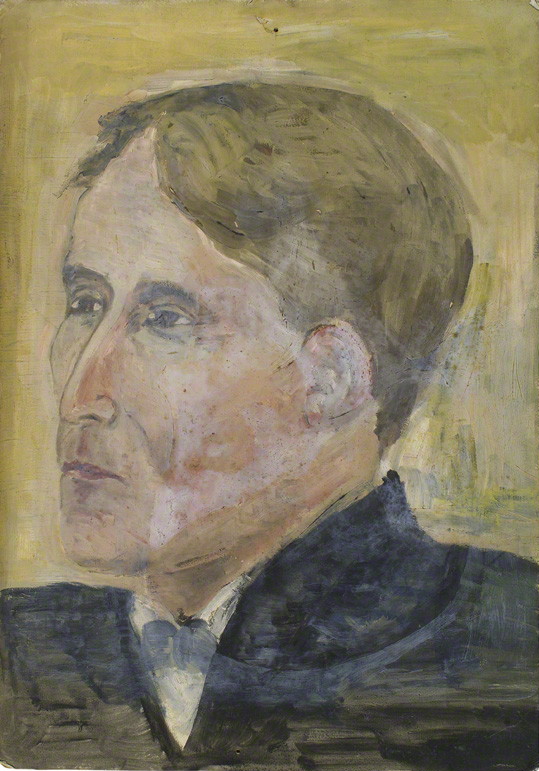Japanese Poetry: The Uta (1919), Introduction, p. 8
Famous Arthur Waley Quotes
"Notes on Translation", in The Atlantic Monthly, Vol. 202, No. 5 (November 1958), p. 109
Source: Translations, The Tale of Genji (1925–1933), Ch. 25: 'The Glow-Worm'
“Anyone with a good classical education could learn Chinese by himself without difficulty.”
1968 remark, quoted in Japan Quarterly, Vol. XVIII, No. 1 (January-March 1971), p. 107
Source: Translations, The Tale of Genji (1925–1933), Ch. 40: 'The Law'
Source: Translations, Monkey: Folk Novel of China (1942), Ch. 14 (p. 132)
Arthur Waley Quotes
Source: Translations, Monkey: Folk Novel of China (1942), Ch. 28 (p. 282)
Source: Translations, Monkey: Folk Novel of China (1942), Ch. 1 (p. 11)
Source: Translations, The Tale of Genji (1925–1933), Ch. 25: 'The Glow-Worm'
he cried. 'My best congratulations.'
Source: Translations, Monkey: Folk Novel of China (1942), Ch. 28 (p. 282)
Source: Translations, Monkey: Folk Novel of China (1942), Ch. 2 (p. 22)
“Ceaseless as the interminable voices of the bell-cricket, all night till dawn my tears flow.”
Source: Translations, The Tale of Genji (1925–1933), Ch. 1: 'Kiritsubo'
“It is in general the unexplored that attracts us.”
Source: Translations, The Tale of Genji (1925–1933), Ch. 9: 'Aoi'
“A team of horses cannot overtake a word that has left the mouth.”
Source: Translations, Monkey: Folk Novel of China (1942), Ch. 27 (p. 266)
Source: Translations, The Tale of Genji (1925–1933), Ch. 19: 'A Wreath of Cloud'
“Real things in the darkness seem no realer than dreams.”
Source: Translations, The Tale of Genji (1925–1933), Ch. 1: 'Kiritsubo'
Source: Translations, The Tale of Genji (1925–1933), Ch. 41: 'Mirage'
Source: Translations, Monkey: Folk Novel of China (1942), Ch. 2 (p. 26)
Response when offered the Chair in Chinese at Cambridge, as quoted in Orientalism and the Operatic World (2015) by Nicholas Tarling, p. 78
A Hundred and Seventy Chinese Poems (1919), Introduction, p. 18
